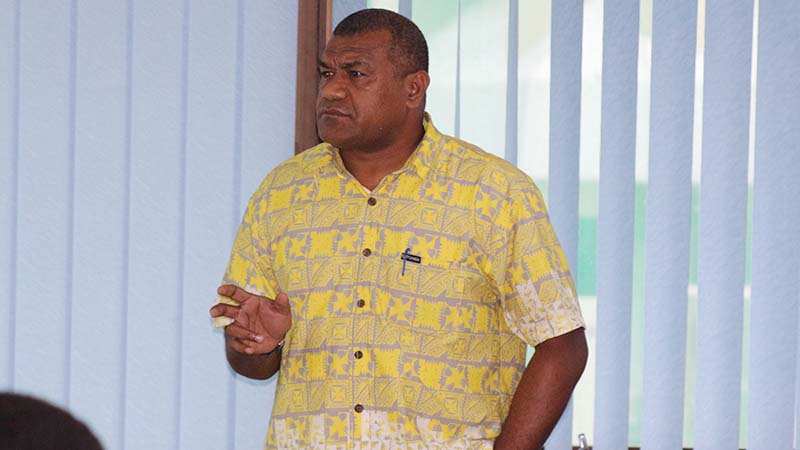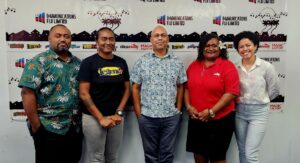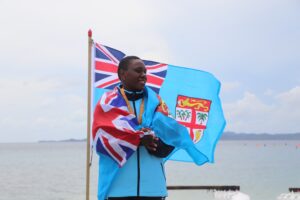Former Fiji Bureau of Statistics CEO Kemueli Naiqama has spoken out for the first time since his dismissal stating that the 2019-2020 Household Income and Expenditure Survey report “is an honest, clear, and realistic snapshot of the poverty situation in Fiji made according to international accepted standards and categories, and nothing else.”
He was responding to recent comments made by Attorney General Aiyaz Sayed-Khaiyum questioning the credibility of the report, and describing it as flawed and against government policy that is “philosophically opposed to putting ethnicity and religion to poverty.”
However Naiqama states that the report “is not about race, but about providing transparent and independent disaggregated official statistics for all uses.”
“This is a statistical report on poverty and one needs to wear a “statistical lens” to understand how to tackle poverty related issues. We cannot pick up on one or two variables (like race and religion) separately from other issues and think that one is addressing/dealing with poverty. Poverty is multidimensional and should be tackled accordingly,” Naiqama said in a 4-page statement.
He maintained that race and religion are also variables of poverty that needed to be looked at when addressing or dealing with the issue, and in keeping with Sustainable Development Goal No 1, ‘No Poverty’ and the global theme of “Leaving No One Behind.”
“The HIES report is a poverty report which provides the characteristics and the contributing factors/variables of poverty. The report and results are designed to provide users of statistics/policy makers with the high-quality information they need to help design effective anti-poverty policies.
“We have to embrace all contributing variables of poverty and collectively allow all stakeholders, whether its Government, Private sector, civil society organisations, religious bodies, or international agencies to identify their responsible thematic areas, provide the necessary budgetary allocation and intervention programs to reduce and eliminate poverty.”
Defending the data collection method, Naiqama said that it was done based on methodology “recognised internationally and also applied by other Pacific Island National Statistics Office.”
He said a lot of work went into the preparatory phase of the survey to identify the 6000 households that would be interviewed. Prior to that, enumerators also underwent a 2-week training to understand the purpose of the survey, familiarise themselves with the questions, understand why the questions were being asked in relation to the SDG Goals.
The survey was carried out over a year.
However, the Fijian Government expressed dissatisfaction with the report especially the data on race and religion. Sayed-Khaiyum told the Fijian media that Fiji would not be able to progress and would not be able to assist the right people if people are categorised based on their race and religion.
He has also questioned the inclusion of the two variables in the detailed version of the report when the preliminary version released in February did not mention or show data pertaining to race and religion.
Sayed-Khaiyum said if people are influenced to show compassion based on ethnicity, it could also erode their sense of humanity.
However, Naiqama says the poverty data contained in the report are both statistically sound and socially realistic and validated by international institutions such as the World Bank and Bristol University of UK.
He ended his statement saying: “When one gets sick, consult a doctor; when one has a toothache, consult a dentist; when one wants to understand statistics, consult statisticians, the data experts.”
Photo: Fiji Bureau of Statistics









